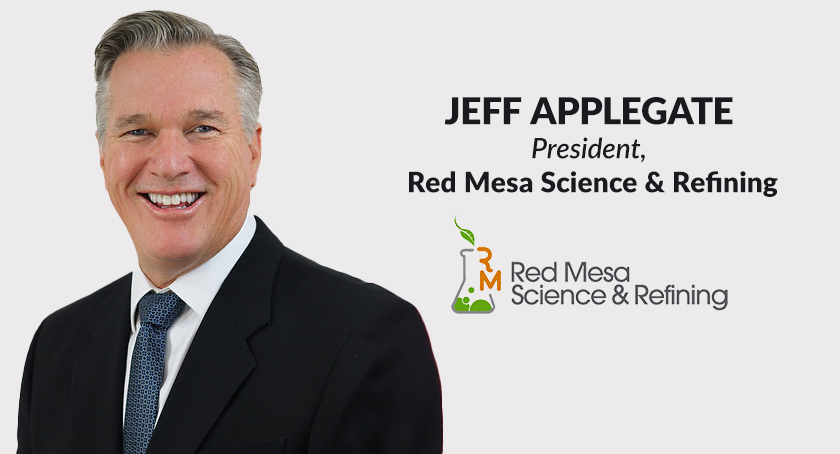Columns
Product Liability Insurance Rates Continue Steep Decline
With dangerous coverage exclusions still lurking, thorough coverage analysis remains important.
By: GREG DOHERTY

Premium rates for dietary supplement and nutraceutical product liability insurance have fallen continuously and steadily since their peak in 2005, as the post-ephedra era faded into memory. A “soft” market for commercial insurance in the U.S. is also a contributing factor, with carriers fighting for market share and relaxing prior underwriting guidelines. And that by itself is certainly good news for buyers of dietary supplement, herbal, and nutraceutical liability insurance.
When inhaling the perfume of lower premium costs, people often forget what they are buying is a “promise to pay” from their carrier, should certain circumstances manifest themselves (in short, a claim). Along with lower premiums, the coverage afforded by these policies has been constantly changing, with insurance underwriters creating new exclusions that will bar coverage should a claim occur. This article will examine some of those often-hidden exclusions found in some policies today.
The Warning Letter Exclusion
One carrier has an exclusion that takes away coverage for the following: “Any other substance, ingredient or product that has been the subject of any United States Food and Drug Administration warning letter, ban or recall as of the inception date of this policy that was not disclosed in the application for this insurance.”
At first, this doesn’t sound too bad, right? Any ingredient or product that has been banned (think ephedra) or previously recalled would almost certainly spell trouble for this insurance company, if it wasn’t excluded. But a warning letter, also known as a 483 letter? Wait just a minute.
First of all, there’s a disclosure issue. Lots of companies have received warning letters, and many more will in the future. But this wording requires you to disclose it in the application process for insurance from this company; strictly interpreted, if you didn’t disclose receipt of a past 483, and a claim came in after you signed up with this company, it would use that as a device to deny coverage for that claim. (In fairness, the application for insurance for this company does include a question about 483s received by the applicant in the past five years, and requires details if the answer is yes.)
But the second and potentially more damaging issue regarding this restrictive wording is if your product is “the subject of any … warning letter” then coverage is immediately excluded as to that product. Think about that. The minute FDA publishes its warning letter on its website for all the world to see, any of your products and/or ingredients in your products mentioned in that 483 are immediately excluded from coverage. How scary is that?
We all know that according to FDA’s own Regulatory Procedures Manual, a warning letter is informal and advisory. It communicates the agency’s position on a regulatory matter, but it does not commit FDA to taking enforcement action. Neither is it an enforcement action. Yet some well-meaning person at the insurance company has placed this wording on page 35 of its policy form, which can hugely and negatively impact your coverage, and at precisely the wrong time—after you have received what you thought would be a covered claim.
Entangled & Hidden Reporting Requirements
A second set of connected conditions and limitations are buried inside the liability policy offered by another carrier. I wrote about these a while back, and the observations are worth repeating here. These are so-called “reporting requirements” this carrier has buried deep in its policy, and there are two subparts.
The first part requires you to report to the underwriters a copy of “any notification it provides to FDA” regarding a product with a new dietary ingredient.
The second part is yet another reporting provision that requires you to report to underwriters “within 10 working days … the initiation of an enforcement action by the FDA or the recall of any product, whether initiated by the insured, the FDA or any other unit of government.”
Finally, the last paragraph states it is a “condition of coverage under the policy” that the above notifications be given to the insurer; otherwise any claim “arising out of an Occurrence involving a product affected by the foregoing notice requirement(s)” will not be covered.
When you string these conditions together and realize the infinite number of real-life situations that could occur and fall prey to these limitations, it’s pretty scary. And if you don’t know these requirements are even in your policy in the first place, how can you comply with them? And if your insurance broker doesn’t know they are there (and 99% of them do not in my opinion) how can he or she point these requirements out to you?
To this carrier’s credit, if asked to remove these restrictive covenants, it will do so. But again, the conundrum is that if you don’t know enough to ask, you will be stuck with these potentially damaging conditions in your coverage.
Caveat Emptor: Let the Buyer Beware
Purchasing insurance is not like purchasing dish soap on Amazon. It isn’t a commodity. It’s a process, not simply a purchase. Without careful attention (i.e., putting price aside for a moment and spending some time analyzing the coverage you are about to buy), you may find yourself with troublesome exclusions that exist in the constantly changing landscape of commercial insurance.
Greg Doherty
Bolton & Company
Greg Doherty is a commercial insurance broker with Bolton & Company Insurance Brokers and Employee Benefits Consultants, Pasadena, CA. He is the executive vice president and managing director of the Dietary Supplement Practice Group for the firm, which specializes in the nutritional product and dietary supplement industries, including but not limited to contract manufacturers, raw materials suppliers, distributors/retailers. Mr. Doherty has four decades of experience as a broker, focusing solely on the dietary supplement industry for the last 14 years. He can be reached at gdoherty@boltonco.com; Phone: 626-535-1409; Website: www.gregdoherty.net.




















